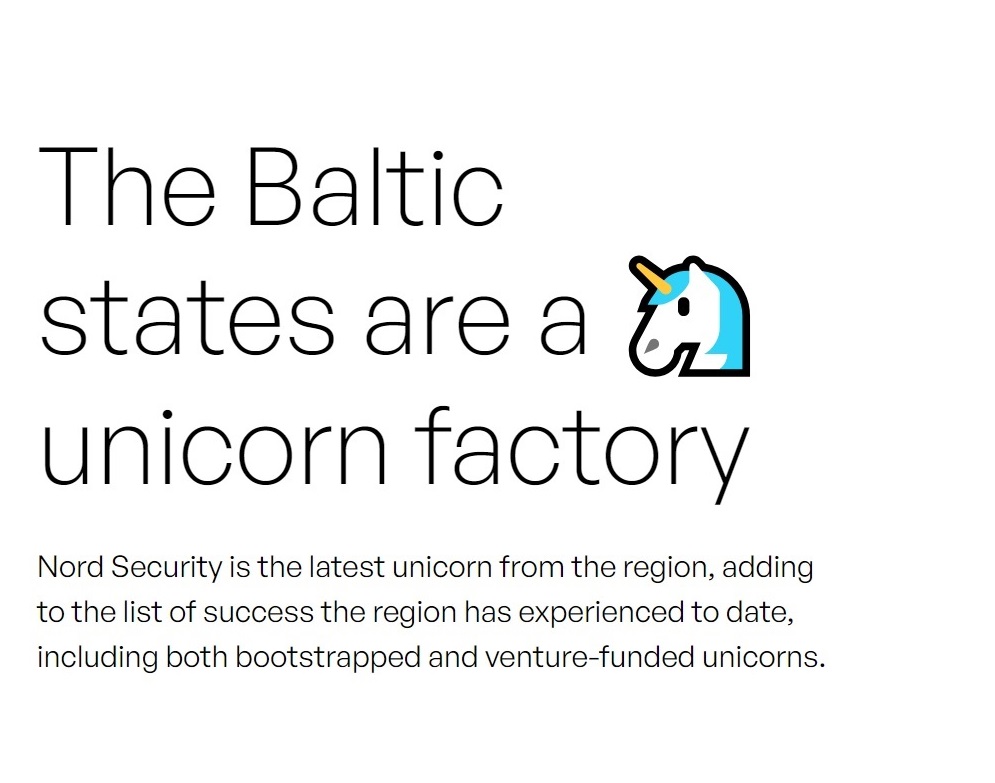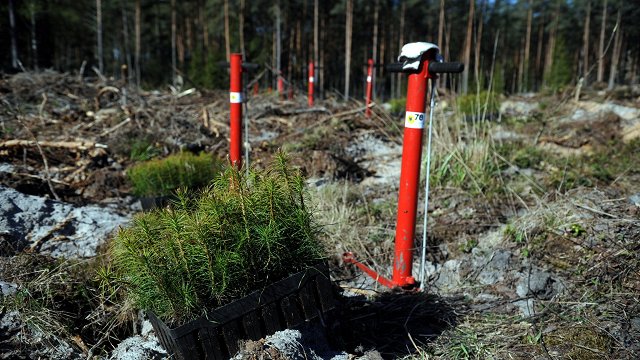The report overviews the highs and lows of the startup funding peculiarities in the second half of 2023.
Startup funding took a blow globally in 2023 — a 38% decline was observed last year in comparison to 2022. U.S. startups faced similar hurdles, with startups receiving almost 30% less funding in 2023 than in the year prior.
In Europe, Baltic startups received solid support from investors, as indicated in a new Baltic Startup Funding Report. The semi-annual publication for H2 of 2023 contains data on 60% (370) of the pre-seed and seed rounds closed during the last 42 months.
As per the report, the Baltic states Lithuania, Latvia, and Estonia are measuring up to the United Kingdom and the Nordic countries regarding the number of funded startups per capita.
Lithuania the new market leader
The report shows that 23 Lithuanian startups raised EUR 262M, 38 Estonian startups — EUR 243.5M, and 19 Latvian ones — EUR 34.7M over the last six months of 2023. Even though Estonian startups were leaders among the Baltic states in all comparative categories, including pre-seed, seed, and series A rounds, the capital raised by Lithuanian startups points toward the country rapidly catching up in growth rounds. The country became the market’s leader in terms of growth capital and the number of growth rounds raised.
Simultaneously, Lithuania and Latvia’s early-stage activities were on the rise, suggesting more significant advances in subsequent funding stages.
Growth investments were on the rise in the second half of last year. Nine growth rounds produced five times more capital in H2 than in the first six months of 2023 and amounted to EUR 425.7M.
However, pre-seed and series A funding took a hit in H2 of 2023. Although pre-seed startups raised EUR 22.7M in the first half of last year, the capital raised in H2 was significantly lower, amounting to EUR 14.6M. Series A funding also did not demonstrate any positive changes, with only four A rounds amounting to EUR 30.7M raised in total in the second half of last year.
Overall, last year is a good reflection that the startup ecosystem of the Baltic countries — after a seemingly slow start — has picked up investor interest, which is likely to continue in 2024. Investments in mature start-ups have also picked up pace, confirming that the region is on par with Europe’s leading tech hubs and is on the right track with its ambitions to grow the continent’s next big unicorn. Advanced digital governance and an innovation-conductive environment contribute to the region’s appeal to FDI, which will add to further growing investor trust in Baltic equity.
More insights on the funding dynamics in the Baltic region can be found in the full report here.






























